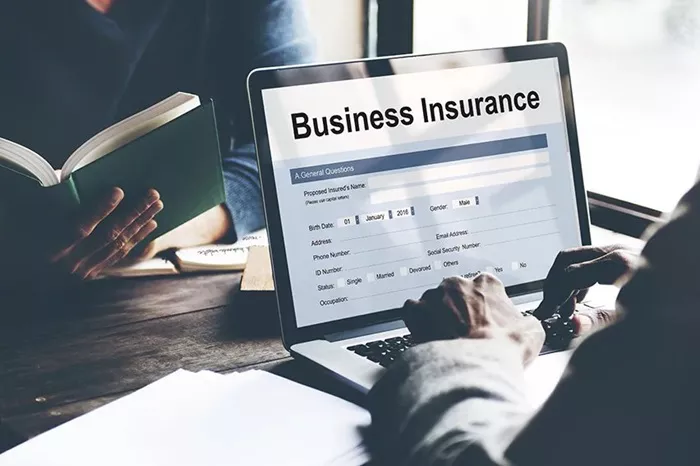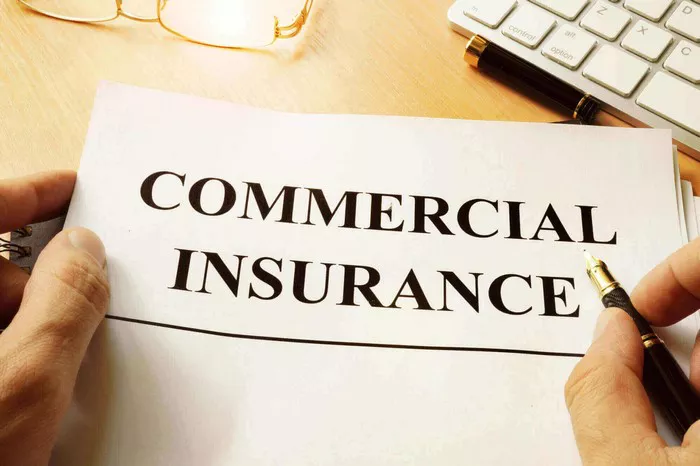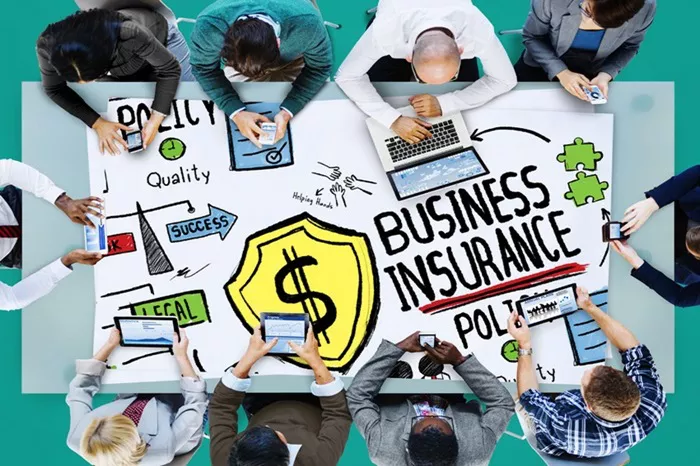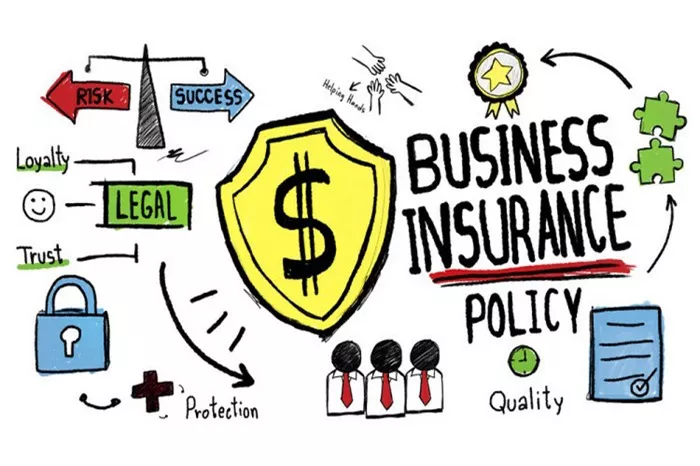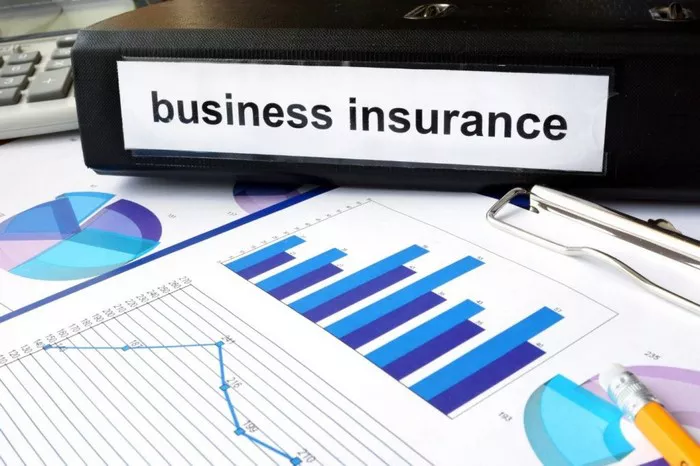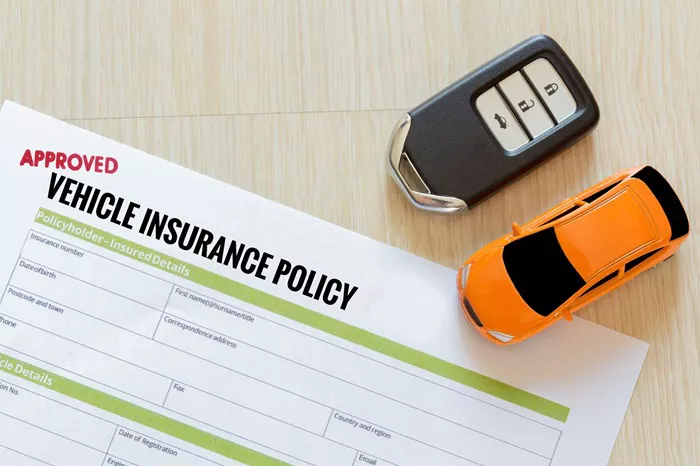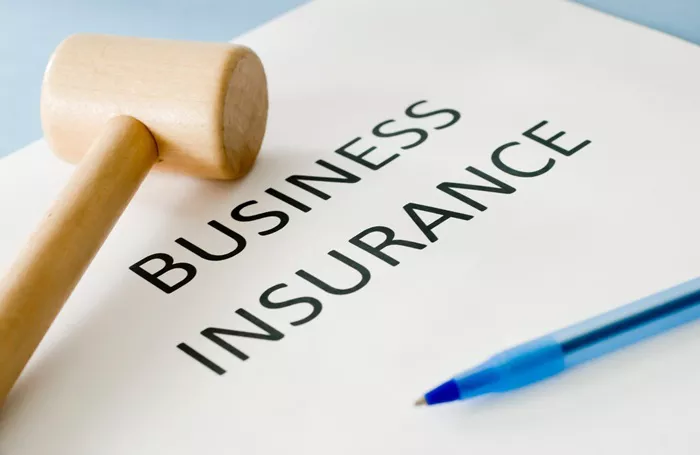Liability insurance is something that many people don’t think about until it’s too late. But why is it so crucial? Can you really afford to go without it? Let’s explore the reasons why liability insurance is essential for both individuals and businesses, and how it can protect you from unforeseen financial burdens.
What is Liability Insurance?
At its core, liability insurance is a form of coverage that protects you from the financial costs associated with being held responsible for someone else’s injuries or property damage. Whether it’s a slip-and-fall accident in your store or a car accident caused by your negligence, liability insurance covers the cost of legal fees, settlements, and damages you might owe to the injured party.
How Does Liability Insurance Work?
Liability insurance works by providing a financial safety net when you’re legally responsible for damages caused by an accident or negligence. It helps cover medical expenses, repair costs, and even legal defense fees if you’re sued. The specifics of coverage can vary depending on the type of insurance policy and the provider.
When you purchase liability insurance, you essentially transfer the risk of paying for these damages to the insurance company. In return, you pay regular premiums to maintain your coverage.
Why Do Individuals Need Liability Insurance?
1. Protect Your Assets
If you’re found liable for damages, your personal assets could be at risk. This includes your home, savings, and other valuables. Liability insurance helps shield you from losing these assets, covering the financial burden that would otherwise fall on your shoulders.
For example, if you’re hosting a party and someone trips on your sidewalk and gets hurt, you could be liable for their medical bills. Without liability insurance, you would have to pay those bills out of pocket, which could cause a significant financial strain. With coverage, however, the insurance company steps in to cover the costs.
2. Peace of Mind
Having liability insurance provides peace of mind knowing that if something goes wrong, you won’t be left dealing with a massive financial burden. The uncertainty of life means accidents and unforeseen events can happen at any time. Whether it’s a car accident, an accident on your property, or damage caused by your pet, liability insurance gives you the security that you won’t have to face these challenges alone.
3. Coverage for Legal Fees
One of the most significant advantages of liability insurance is the coverage for legal expenses. Legal battles can be long and expensive, and even if you don’t ultimately lose the case, you might still be required to pay for the legal costs. Liability insurance can cover these expenses, protecting you from legal fees that could otherwise spiral out of control.
For instance, if you’re sued for defamation or negligence, the cost of hiring an attorney and defending yourself in court can add up quickly. Liability insurance helps manage these costs, ensuring you’re not financially overwhelmed.
Why Do Businesses Need Liability Insurance?
1. Protect Your Business from Lawsuits
Business owners face constant risk of being sued, whether it’s a slip-and-fall accident at the workplace or claims of product liability. Without liability insurance, you could be forced to use your business or personal assets to settle these lawsuits, which can put your entire operation at risk.
For example, a customer slips on a wet floor in your store and sustains injuries. Without insurance, you may have to pay for medical expenses and any legal fees associated with the incident. With insurance, your coverage will handle these expenses, allowing you to keep your business running smoothly.
2. Maintain Your Reputation
A lawsuit or legal dispute can significantly harm your business’s reputation. Liability insurance not only provides financial protection but also allows you to handle legal matters professionally. Having the right insurance coverage shows customers, clients, and partners that your business is responsible and prepared, which can boost trust and credibility.
3. Compliance with Regulations
In many industries, liability insurance is required by law or as a condition for doing business. For example, contractors are often required to carry general liability insurance to work on certain projects, and companies in healthcare must carry malpractice insurance to protect against lawsuits related to medical errors. Ensuring your business has the right coverage keeps you in compliance with regulatory requirements and can help you avoid costly fines.
Common Types of Liability Insurance
1. General Liability Insurance
This is the most basic form of liability insurance and covers a wide range of potential issues, including bodily injury, property damage, and advertising errors. Whether you’re an individual or a business, general liability insurance is often the first line of defense against lawsuits.
2. Professional Liability Insurance
Also known as errors and omissions insurance (E&O), this type of insurance is tailored for professionals such as doctors, lawyers, and consultants. It protects you if a client sues for mistakes or negligence in the services you provide. For instance, if a client feels they suffered due to your advice, professional liability insurance helps cover the costs.
3. Product Liability Insurance
If you manufacture, distribute, or sell products, you could be held responsible if one of your products causes harm or injury. Product liability insurance covers the costs associated with defending and settling these claims, ensuring you’re not left with hefty bills for damages caused by your products.
4. Automobile Liability Insurance
If you own a vehicle and are involved in an accident, auto liability insurance helps pay for the costs of damages or injuries caused to others. In many places, having automobile liability insurance is required by law before you can legally drive your vehicle.
What Happens if You Don’t Have Liability Insurance?
Failing to have liability insurance can result in significant financial consequences. If you’re sued or held responsible for an accident or injury, you could be personally liable for the full costs. This might include medical bills, repair costs, and legal fees, all of which could lead to financial ruin if you’re not adequately insured.
For businesses, not having the appropriate liability insurance can lead to bankruptcy. Lawsuits can easily escalate into larger financial issues that take years to recover from. A single incident without insurance could permanently close your business.
Is Liability Insurance Worth the Cost?
While liability insurance does require an upfront cost in the form of premiums, the price is often far less than the cost of a lawsuit or settlement. The peace of mind and protection it provides are invaluable, especially in an unpredictable world.
In the long run, liability insurance is an investment that saves you from catastrophic financial consequences. The price of the policy depends on various factors, including the type of coverage, the amount of coverage, and the risk associated with your industry or personal situation.
How to Choose the Right Liability Insurance
Choosing the right liability insurance involves assessing your specific needs and risks. Consider factors like:
The nature of your business or personal activities
The level of risk you face (e.g., high-risk industries or hazardous activities)
The amount of coverage you need to protect your assets
Your budget for premiums
It’s also essential to shop around and compare policies from different insurers. Speaking with an insurance agent or broker can help you find the right coverage and ensure you’re fully protected.
Conclusion
So, why do we need liability insurance? The answer is simple: to protect ourselves, our families, and our businesses from financial ruin. Accidents happen, and when they do, liability insurance can be the difference between bouncing back and facing significant financial hardship. By investing in liability insurance, you’re not just protecting your assets – you’re also securing your peace of mind. Whether you’re an individual or a business owner, having the right coverage is essential to navigate life’s unexpected challenges.
Related topic:
Is Professional Liability Insurance The Same As Malpractice Insurance
Is Professional Liability Insurance The Same As Errors And Omissions

